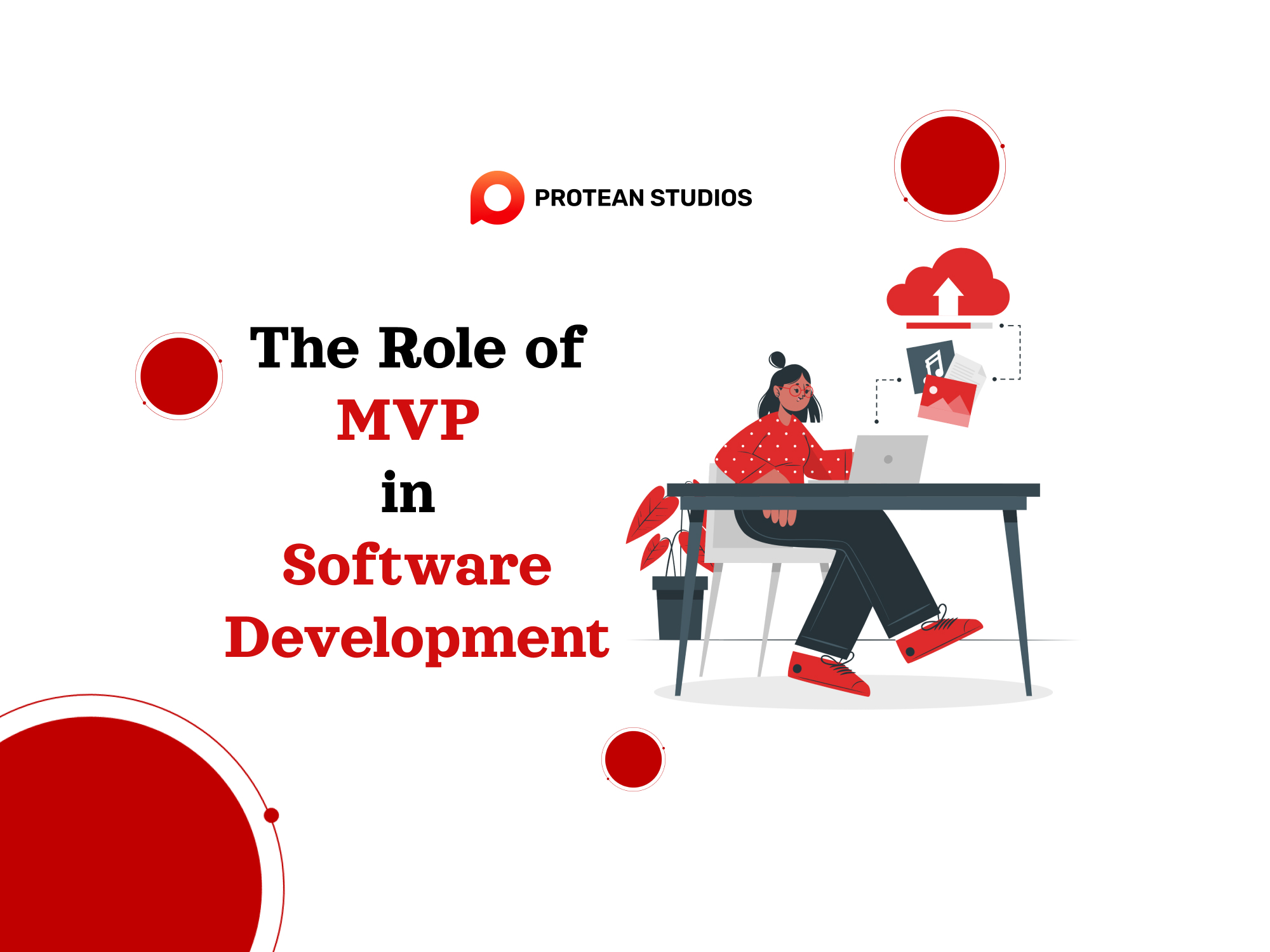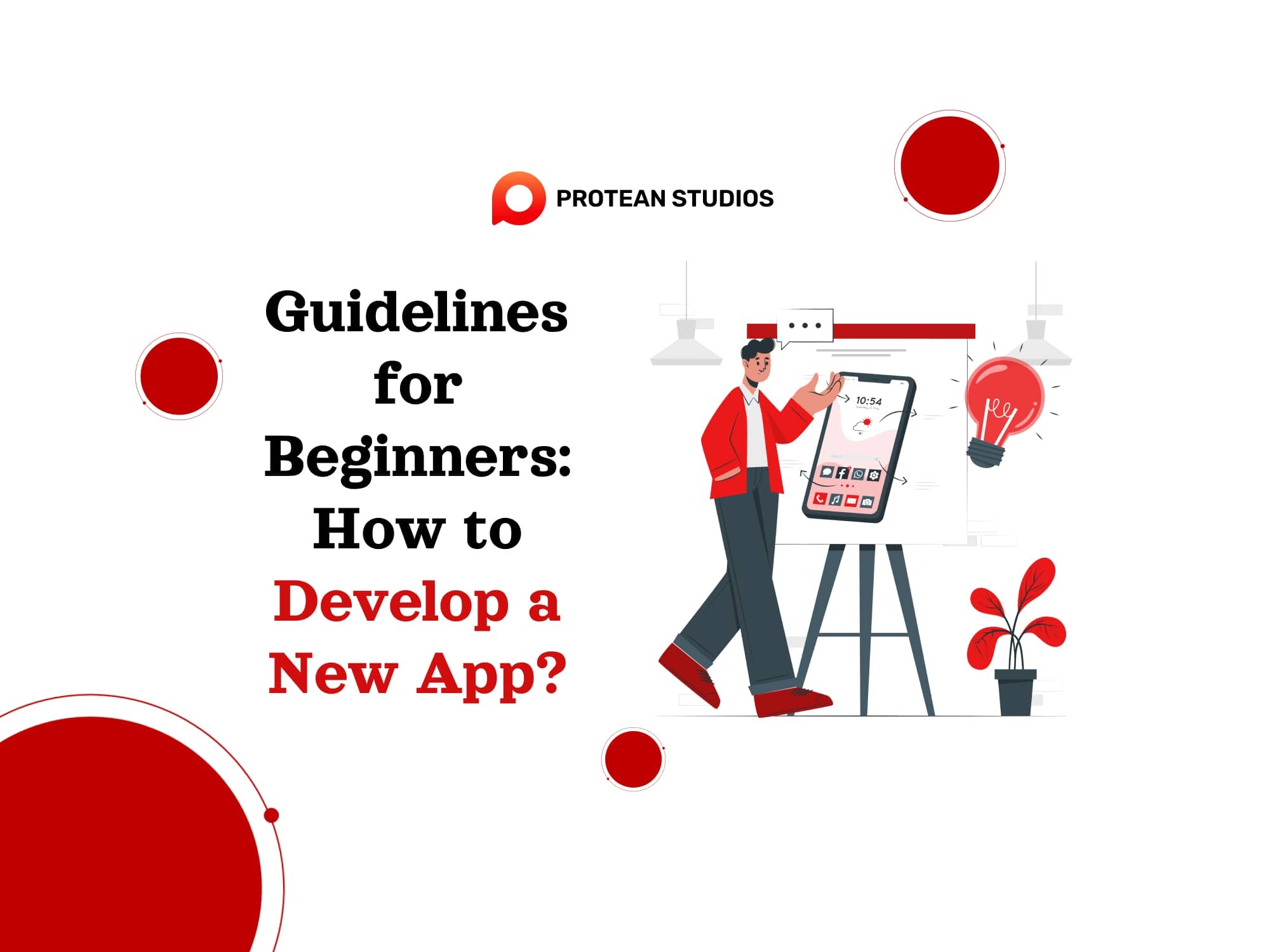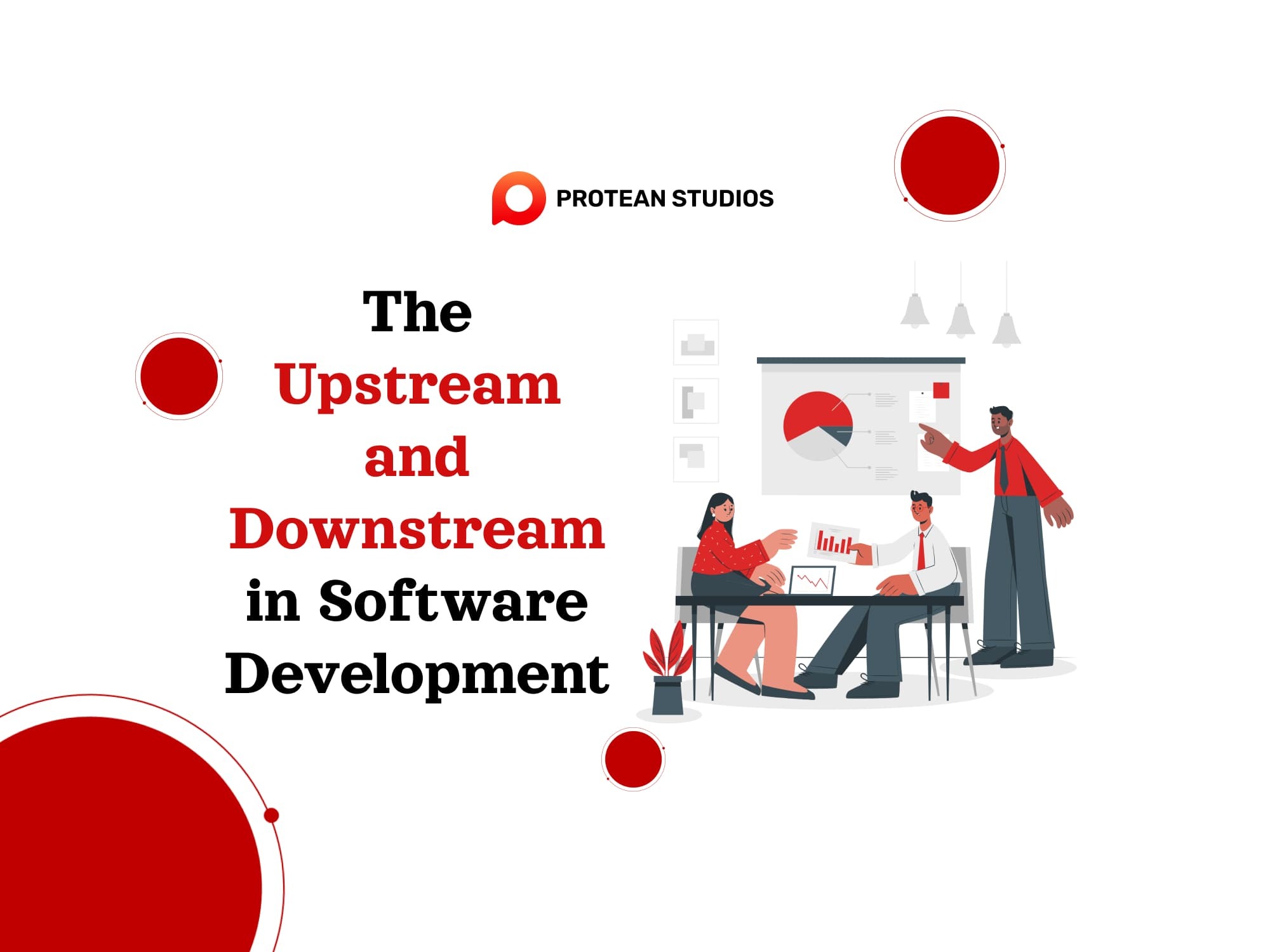Data-driven marketing is the process by which businesses make decisions based on actual data collected. It means businesses are using data to reach the right people. This marketing is not based on guesswork but on real information about what customers want and how they behave.
But what exactly is data marketing?
In the article, we will share some basic knowledge about this strategy and its role when approaching customers.
The concept of data-driven marketing
Data-driven marketing is the process of using data collected from various sources to inform and optimize marketing strategies and campaigns. It can help marketers understand their target audience, personalize their messages, measure their performance, and improve their return on investment.
In particular, businesses collect and analyze various types of data to gain valuable insights. These insights are then used to create targeted and personalized marketing campaigns, optimize strategies, and enhance decision-making processes. This marketing takes advantage of information and analytics to ensure that promotional efforts are more precise, relevant, and effective in reaching the right customers.
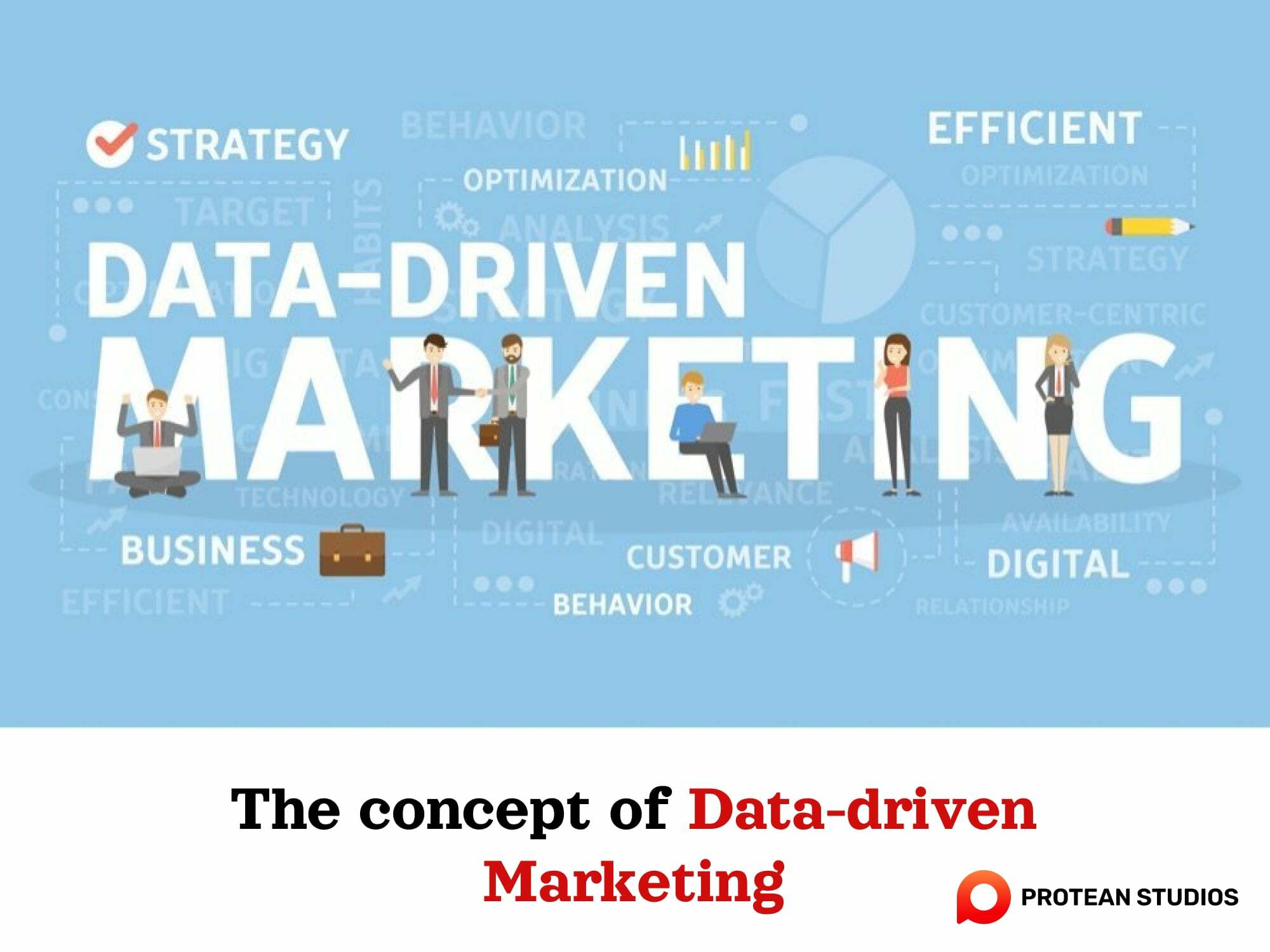
Data-driven marketing vs. traditional marketing
Traditional marketing is a type of marketing that relies on intuition, experience, and creativity to design and execute campaigns without much data or feedback. Traditional marketing uses channels such as print media, television, radio, billboards, and direct mail to reach mass audiences with generic messages.
Unlike traditional marketing, data-driven marketing uses tools such as web analytics, customer relationship management (CRM), email marketing, social media marketing, and artificial intelligence (AI) to collect, process, and act on data from various sources.
To know the difference between two types of marketing strategies, you can look through the table below.
Feature | Data-driven marketing | Traditional marketing |
Focus | Data insights | Intuition and experience |
Data sources | Diverse and extensive | Limited and general |
Decision making | Data-driven and measurable | Best practices |
Targeting | Precise and personalized | Broad and general |
Personalization | Higher | Limited to basic segmentation |
Channels | A mix of online and offline | Traditional media |
Measurement | Real-time and continuous | Post-campaign and brand awareness |
Benefits | Increased efficiency, return on investment (ROI), and customer satisfaction | Brand awareness and access to potential customers |
Through this table, using data marketing will help increase efficiency and customer satisfaction. Thus, businesses will know how to improve their products and services to meet customers' changing needs.
The role of marketing via data-driven insights
The role of data-driven marketing is fundamental to modern business strategies, and it offers valuable insights and informed decision-making processes.
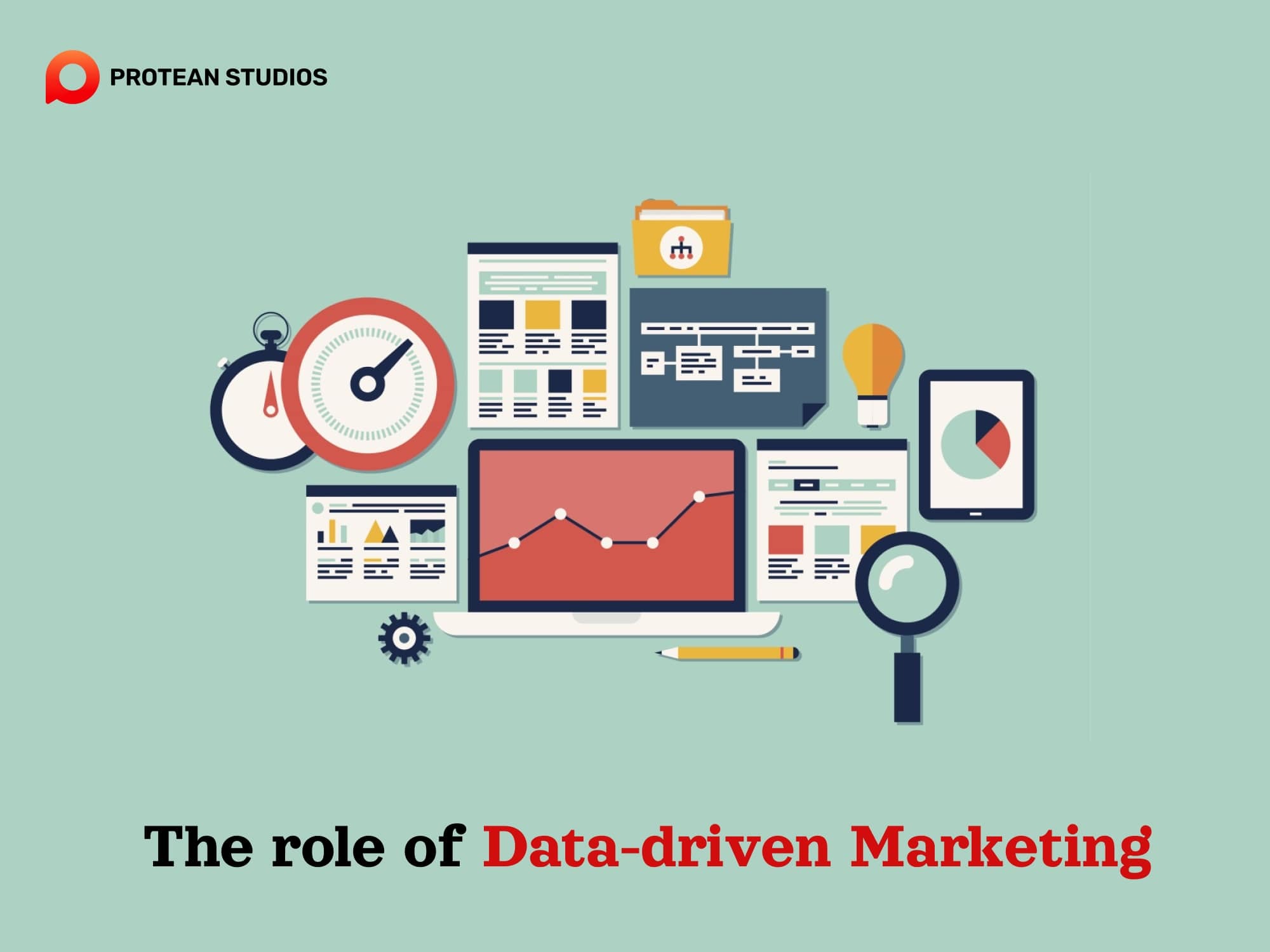
Below are crucial elements that highlight its importance:
Informed decision-making: This marketing provides businesses with a solid foundation for decision-making. Instead of relying on hunches or past experiences, marketers can base their strategies on concrete data and insights, leading to more effective and well-informed decisions.
Targeted audience reach: The primary role of data-driven marketing is to identify and target specific audience segments. By analyzing customer data, marketers can create targeted campaigns that resonate with the right people, maximizing the impact of marketing efforts.
Personalization: This strategy allows for a personalized approach. By understanding customer preferences and behaviors, businesses can tailor their messages, advertisements, and offers to individual interests, enhancing the customer experience.
Integration with technology: The role of this marketing is tied to technological advancements. It often integrates with tools such as artificial intelligence, IoT, and machine learning, allowing for automated processes. From there, predictive analytics and more sophisticated insights enhance the efficiency of marketing efforts.
The difficulties in data-driven marketing
Besides the benefits above, data-driven marketing also has some challenges, as follows:
1. Collecting and analyzing data
One of the first steps in data-driven marketing is to collect and analyze data from various sources. For example, web analytics, customer feedback, social media, etc. Yet, this can be a daunting task, especially when dealing with large volumes of data. Data quality, accuracy, and relevance are also important factors to consider.
To overcome this challenge, marketers need to use reliable tools and platforms that can help them collect, store, process, and visualize data. They also need to define clear goals and metrics that align with their business objectives and customer needs.
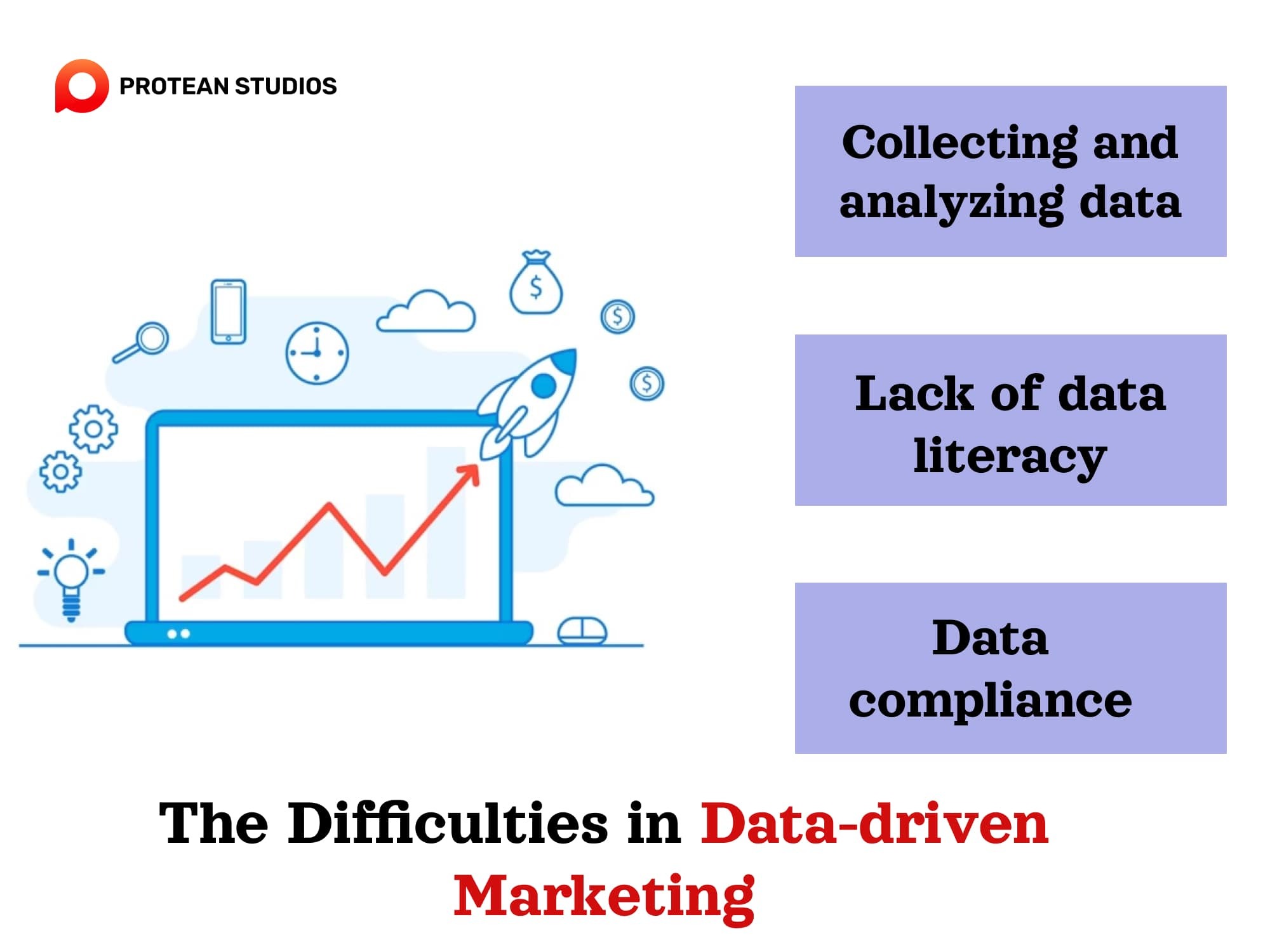
2. Lack of data literacy
Another challenge in this marketing is the lack of data literacy among marketers and other stakeholders. Data literacy entails the effective understanding, interpretation, and communication of data. Without data literacy, marketers may not be able to leverage the full potential of data or make informed decisions based on it.
A tip for marketers is to invest in training and education programs that can help them develop their data skills and knowledge. They also need to foster a culture of data-driven decision-making within their organizations and collaborate with data experts and analysts.
3. Data compliance
A third challenge in data-driven marketing is compliance with data regulations and ethical standards. Data privacy and security are becoming important issues for consumers and regulators alike. Marketers ensure that they collect, use, and share data. They must also be transparent and accountable for their data practices and policies.
Thus, marketers have to stay updated on the latest data, laws, and regulations in their markets and industries. They also need robust data governance frameworks and processes that can help them protect and manage their data assets.
Start with a data-driven marketing strategy
In general, data-driven marketing can help you achieve your business goals faster and more efficiently. To start with data-driven marketing, you need to follow these steps:
Define your objectives and key performance indicators (KPIs) for each marketing campaign.
Collect and integrate data from various sources, such as web analytics, social media, email, CRM, etc.
Analyze the data to gain insights into customer behavior, preferences, needs, and pain points.
Segment your customers based on their data attributes, such as demographics, interests, sales history, etc.
Create personalized and relevant content and offers for each segment, using tools like email marketing, content marketing, social media marketing, etc.
Test and optimize your campaigns based on the data feedback, using methods like A/B testing, multivariate testing, etc.
Repeat the process and refine your strategy based on the results.
Learn more: What is Social Media Marketing?
--------------------------------------------------------------------------------------------------------------------------------------------------------
Data-driven marketing brings a lot of benefits to businesses and helps them achieve business performance. If you want to use this strategy, you can collaborate with Protean Studios. With PROS, you can start with a data-driven marketing strategy that adapts to your unique business needs.
Our cutting-edge tools and expertise empower you to make informed decisions, target your audience, and optimize campaigns in real-time. Unlock the potential of your data—let PROS be your guide. Click here to begin your marketing transformation!



